For the first time in its history, Türkiye on July 1 will assume command of the NATO Allied Reaction Force Amphibious Task Force Command and the Landing Force Command, the Defense Ministry said Monday.
Within the framework of the country’s NATO commitments, Türkiye will take over the NATO commands until June 30, 2026, a ministry statement said. “The Amphibious Task Force and Landing Force Command headquarters, along with our Marine Infantry Battalion Landing Force, will participate in the Dynamic Mariner/Flotex-25 Exercise, which will take place between March 24 and April 4, 2025, with the ships TCG Sancaktar, TCG Bayraktar, TCG Oruçreis and TCG Gaziantep, as well as the Route/Spain,” it added.
Türkiye last month marked the 73rd anniversary of its entry into NATO, three years after the post-World War II military alliance was established. Since then, Türkiye has played a critical role in the Western-centric bloc, which expanded its influence across Europe. Commanding one of the strongest armies in the alliance, the country is also a key member of NATO due to its location on the southeastern tip of Europe, at the gateway to Asia for Europe. Although it has started courting NATO’s traditional rivals more in recent years, Türkiye is firmly aligned with the alliance, as its leaders repeatedly confirmed. Türkiye’s membership is viewed as winning a reliable ally in NATO’s southern wing in terms of air, land and maritime defense. The country is already in the top five countries contributing to NATO’s operations and missions.
Initially rejected by other members, the country, which sought protection against the Soviet Union, was finally accepted after it pledged to send troops to support the United States in the Korean War. Today, its strategic location makes it the first defense against threats and risks in the region for NATO, while the alliance is an essential component in Türkiye’s security and defense. The country particularly proved its worth to the alliance, which sees terrorism as one of the main threats. In this context, Türkiye is resolute in its fight against a diverse array of terrorist groups, from Daesh and al-Qaida to the PKK, its Syrian wing YPG and the Gülenist Terror Group (FETÖ).
In the Balkans, Türkiye is the top contributor to the alliance’s Kosovo Force (KFOR), which maintained command of the forces between 2023 and 2024. It currently holds deputy command of the force while it was the top contributor to the reserve battalion in Kosovo to ensure the security of the Balkan country and the region. It is also a top contributor in terms of personnel to NATO’s Iraq mission, which was founded in 2018 to provide consultancy and training to Iraqi security forces. In NATO’s military exercises, Türkiye is a prominent actor. It also commands NATO’s permanent maritime task group and a task group against naval mines. The country provides financial and personnel support to NATO, primarily for building defense capacity. In 2024, it became one of 24 NATO members, achieving a 2.09% goal in the proportion of estimated defense expenditures to gross domestic product (GDP). Türkiye ranks eighth among the top contributors of NATO in contributing to joint funds, at 4.59%, and seventh in terms of personnel contribution to the alliance’s entire cadres.
Türkiye also hosts critical NATO facilities, including the Allied Land Command, which is located in the western city of Izmir, and the Rapid Deployable Corps, which is based in Istanbul. In the capital, Ankara, it hosts the Centre of Excellence for Defence Against Terrorism (COE-DAT) and Partnership for Peace Training Center. Istanbul hosts the NATO Maritime Security Centre of Excellence (MARSEC COE).
The country’s rapidly growing defense industry makes it a valuable member of the alliance in terms of innovation and production in the industry. This has become especially prominent in light of the ongoing conflict in Ukraine and the beginning of the second Trump era in the U.S., bringing the “strong defense industry” element to the forefront of the alliance’s agenda. In addition to being NATO’s second-largest army, Türkiye has solidified its privileged position in recent years with advancements in its defense industry, producing a wide range of military products and equipment.

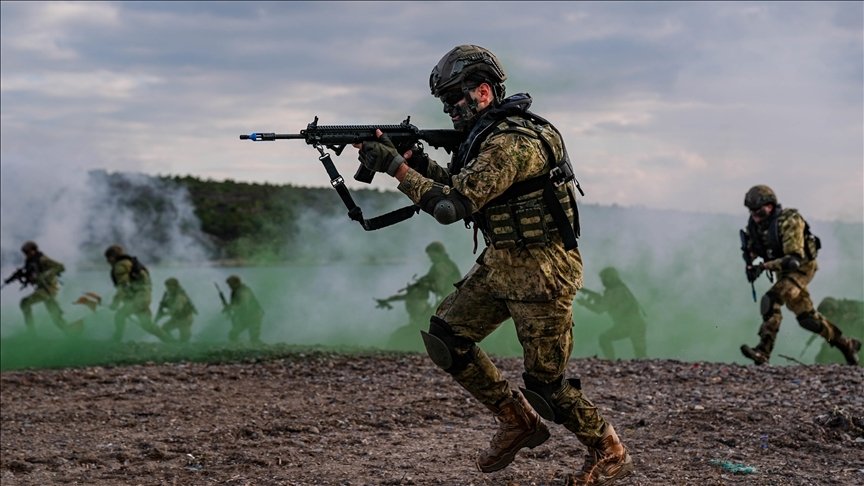

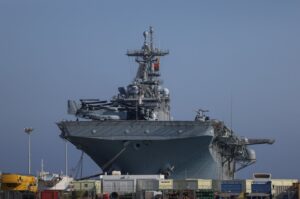




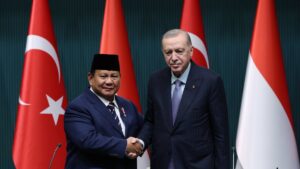

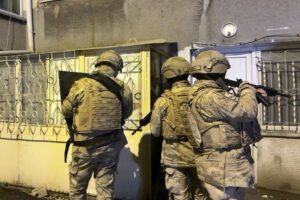


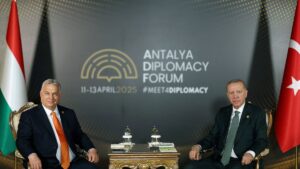


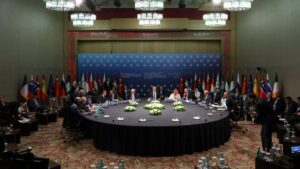


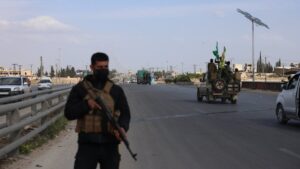





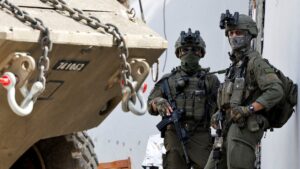
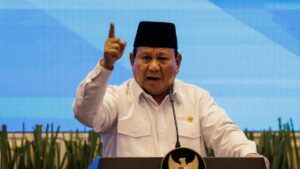
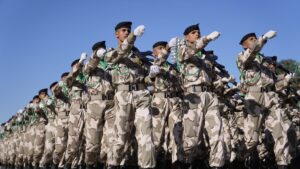




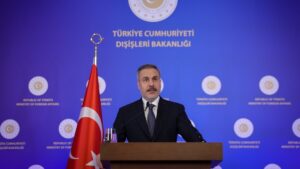















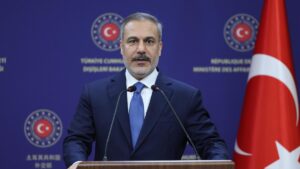
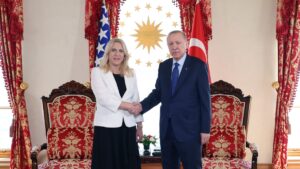
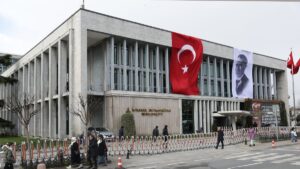

Be First to Comment